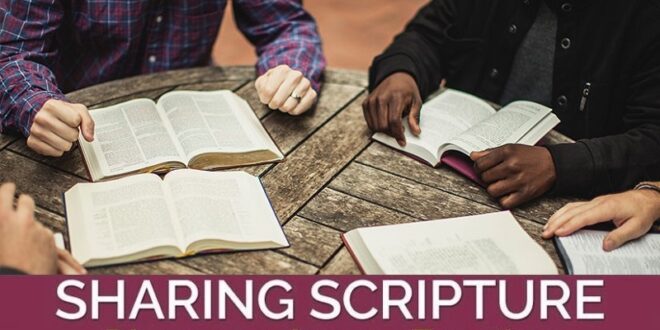Sharing God’s Mission
Many American-Jewish and American-Palestinian Muslim congregations are restarting worship services after the Hamas/Israeli war led them to cancel their meetings earlier this month.
These services provide opportunities to not only worship God, but also to process each group’s communal grief. At the same time, it’s also an opportunity to extend a healing hand and acknowledge the suffering on the other side.
“Many of us know someone or love someone who was killed, is in captivity, was hiding in terror, or is being called up for service,” Brooklyn’s temple Congregation Beth Elohim tells congregants in an email. “And meanwhile,” the message continues, “hundreds of innocent Palestinians are also losing their lives, trapped in Gaza as the war is just beginning.”
It’s one thing to say that your faith community believes in love and forgiveness; it’s another to actually practice it during challenging times. Some groups on both sides in this latest conflict are taking initial steps toward that goal. Basim Elkarra, executive director of the Sacramento chapter of the Council on American-Islamic Relations (CAIR), condemned the attacks on Israeli civilians by Hamas, even though his own relatives have been killed in the Israeli response. He has spoken with area Jewish leaders as they work to begin a dialog between their groups.
Ahmed Rehab, executive director of the Chicago CAIR chapter, is also talking with Jewish counterparts in his region. A rabbi told him: “There is a lot of hurt in my community, but I am calling today to let you know I am thinking about the hurt in yours, and to express my sympathies to anyone who has lost a loved one.”
How do you love in a time of war? Jesus’ command in Matthew 5:44 for us to love our enemies is especially challenging. If God’s mission is for us to love one another, how can we share in that mission with people that we disagree with—or are actually tempted to hate?
Abraham, the common ancestor of Jews, Christians, and Muslims, demonstrated an example for all to follow. Everything about Sodom and Gomorrah most likely repulsed Abraham—their idolatry and sexual immorality conflicted with the faith and righteousness that Abraham stood for. Yet Abraham interceded with God for the salvation of this corrupt nation. The impending doom of Sodom and Gomorrah revealed Abraham’s character, including his gift of hospitality and love for others.
We tend to become what we worship. If God is love, then we should become loving people through our worship. Now is an opportune time for those of us who claim descent from Abraham to demonstrate who we really are by sharing God’s mission of love with those we may consider enemies.
For Reflection
Connecting: Recall a time you served as a peace-making mediator. Share with your study group some of the strategies that worked well for you. What tactics didn’t work?
Sharing: When Jesus gave the command to “love one another” in John 13:34-35, who is the “one another” that we are supposed to love?
- Other Christians
- Other members of my local congregation
- All of humanity
- Anyone God puts in my circle of influence
- This is just hyperbole—God doesn’t really expect us to love people who are obviously wrong
- Other:
Applying: Is there an interfaith group in your community? Do you ever connect with members of other faith groups? What benefits do you think your congregation would gain from making those connections? What blessings could you provide to those other groups?
Valuing: How do you determine if a person is a friend or an enemy? Do you have biblical support for your criteria? Is it possible for you to pray for those you consider as enemies?
~ Chuck Burkeen
 Center for Creative Ministry A research organization and research center for Seventh-day Adventist pastors and their congregations
Center for Creative Ministry A research organization and research center for Seventh-day Adventist pastors and their congregations

